Is It Time to Try Medication for Your Mental Health?
Deciding whether to start medication can feel overwhelming, especially when you’re already struggling with your mental health. Asking yourself, Is it time to try medication for your mental health? It is a brave and important step. Medication is not the right choice for everyone, but for many people, it can provide the balance and relief needed to begin feeling like themselves again. Understanding when it may be appropriate, and what to expect, can make the decision less intimidating.
Is It Time to Try Medication for Your Mental Health?
Medication for mental health is not about quick fixes. Instead, it is about creating a stable foundation to support healing. Many people try therapy, lifestyle changes, or self-help strategies before considering medication. These tools are powerful, but sometimes they are not enough on their own. If symptoms continue to interfere with work, relationships, or daily living, medication may be the next step worth exploring.
Signs Medication Might Help
It is not always easy to know when medication could be beneficial. Some signs that it may be time include:
Struggling with persistent sadness, anxiety, or mood swings that do not improve with therapy alone.
Difficulty sleeping, eating, or concentrating despite lifestyle changes.
Experiencing panic attacks, intrusive thoughts, or racing thoughts that feel uncontrollable.
Having little energy or motivation to complete even simple tasks.
Finding that symptoms are getting worse instead of better.
Recognizing these signs does not automatically mean medication is necessary. It does mean it might be time to have a conversation with a mental health provider about your options.
What Medication Can (and Cannot) Do
Medication can reduce symptoms and make therapy, lifestyle changes, and coping skills more effective. For example, antidepressants may lift mood enough to allow someone to re-engage in relationships or activities. Stimulant medications can help people with ADHD focus and stay organized. However, medication is not a magic solution. It cannot erase all stress or prevent difficult life experiences. It also may not address every symptom, some concerns are better treated with therapy, support networks, or lifestyle adjustments. Knowing both the benefits and limitations of medication helps set realistic expectations.
Understanding the Process
Starting medication for mental health is a process that involves collaboration with a qualified provider. The first step is a thorough evaluation that looks at medical history, symptoms, lifestyle, and goals. Based on this information, the provider recommends options and explains how each may help. Finding the right medication often requires time. Sometimes adjustments in dose or type are needed before finding the best fit. Patience and open communication with the provider are key during this process. Medication is most effective when combined with therapy, self-care, and supportive relationships.
Addressing Common Concerns
Many people worry about side effects, stigma, or losing their sense of identity when considering medication. These are valid concerns. The reality is that side effects vary widely, and most people do not experience severe ones. Providers today tend to prescribe conservatively, starting with the lowest effective dose. As for stigma, choosing medication is no different than taking medicine for high blood pressure or diabetes. It is about supporting health and quality of life. Medication does not change who you are, it helps restore balance so you can live more fully.
Lifestyle and Medication: Working Together
Even when medication is helpful, lifestyle choices play a critical role in mental health. Good sleep, balanced nutrition, movement, and healthy relationships all provide stability. Medication can make it easier to build these habits, and these habits can, in turn, make medication more effective. Approaching mental health holistically means seeing medication as one piece of a larger wellness plan. It is not about masking symptoms but creating space for healing and growth.
Taking the Next Step
If you are asking yourself, Is it time to try medication for your mental health? The best next step is scheduling an evaluation with a mental health provider. They can explain options, answer questions, and guide you through making an informed decision that feels right for you. You do not need to decide on your own. The most important thing is recognizing that help is available and taking the first step toward exploring it.
Finding Support from Compass Psychiatric Wellness
If you are wondering whether medication may help, Compass Psychiatric Wellness offers compassionate and personalized care. Their team of psychiatric nurse practitioners provides evidence-based medication management and brief psychotherapy, either online or in person across Oregon and Washington. With a focus on collaboration, conservative prescribing, and holistic care, they guide clients through treatment decisions with clarity and respect. At Compass Psychiatric Wellness, you will find support, education, and a thoughtful approach designed to help you build a healthier and more balanced life. Reach out to us TODAY to start a meaningful conversation!
